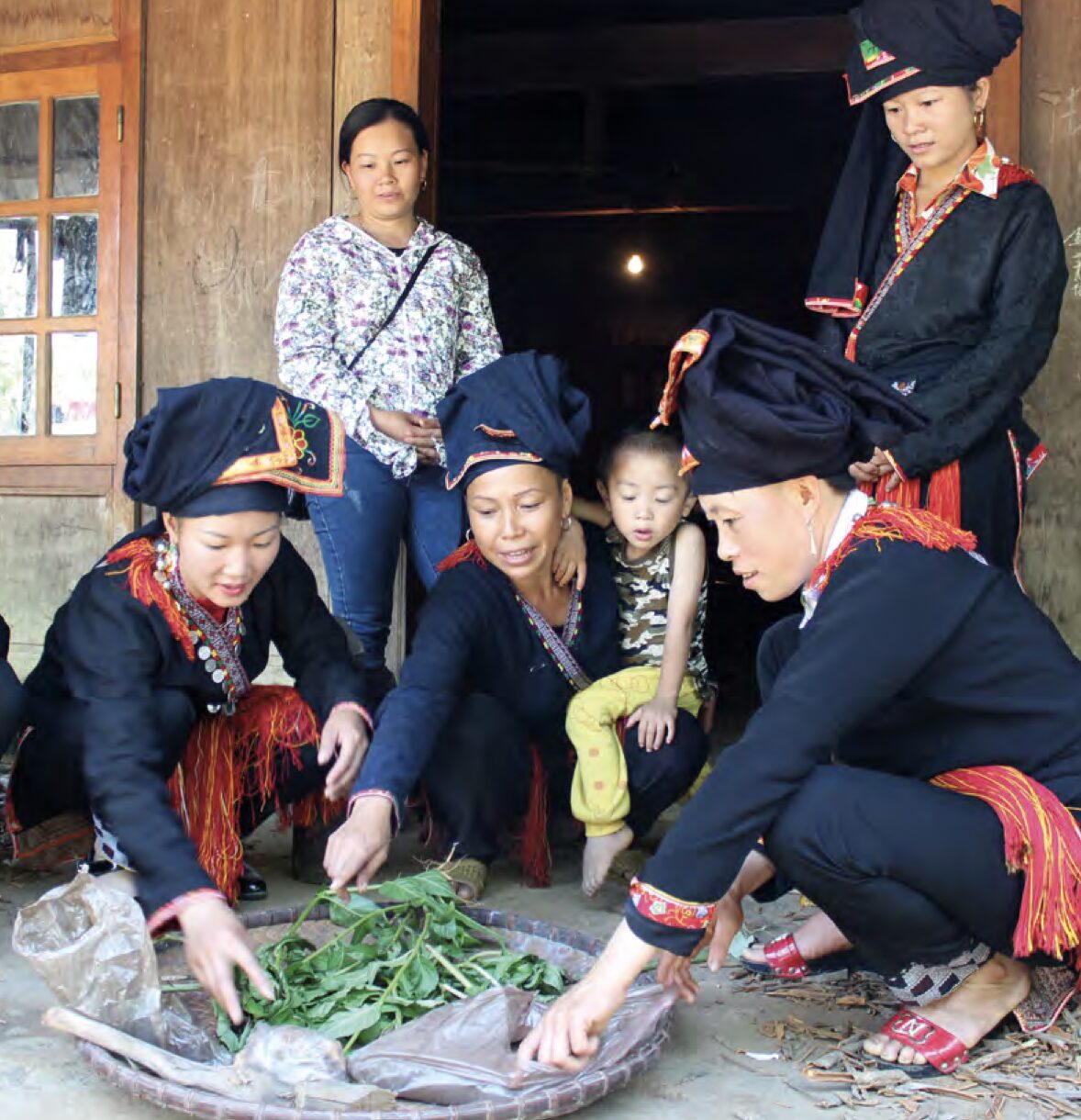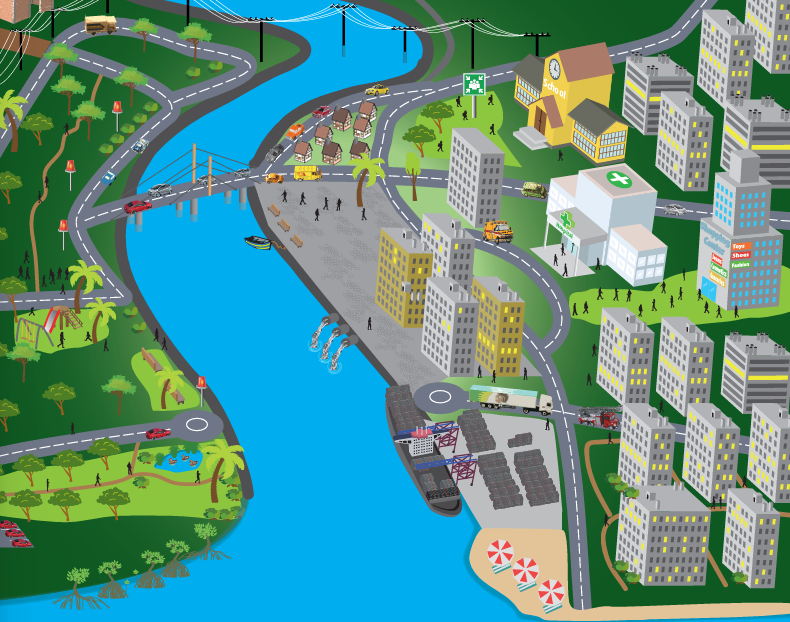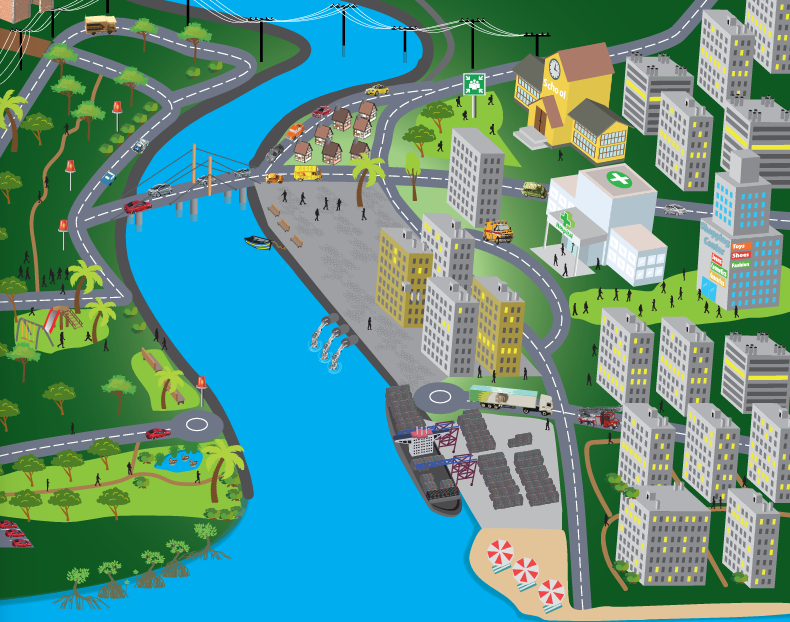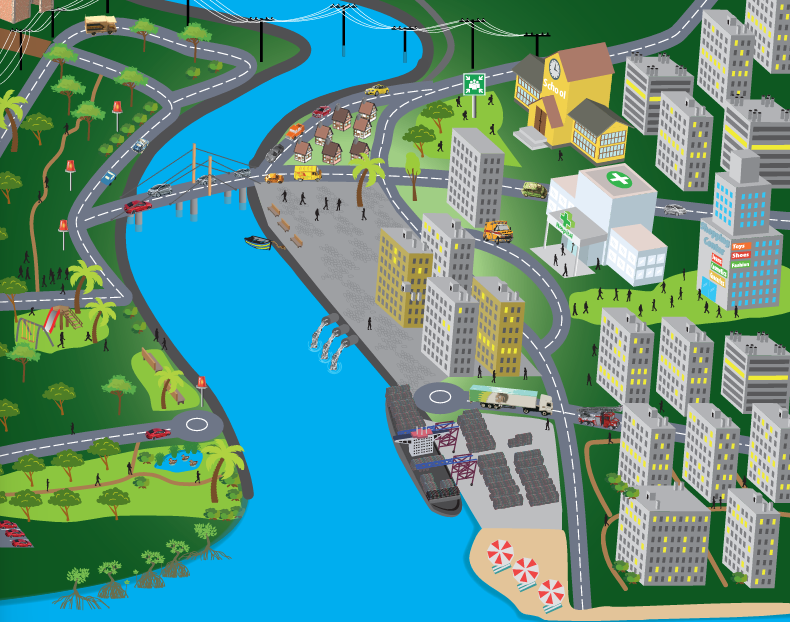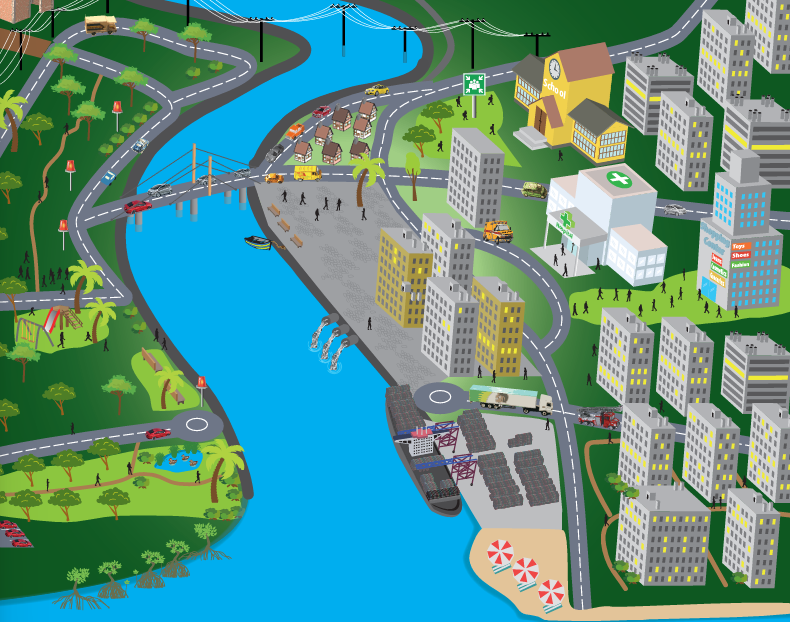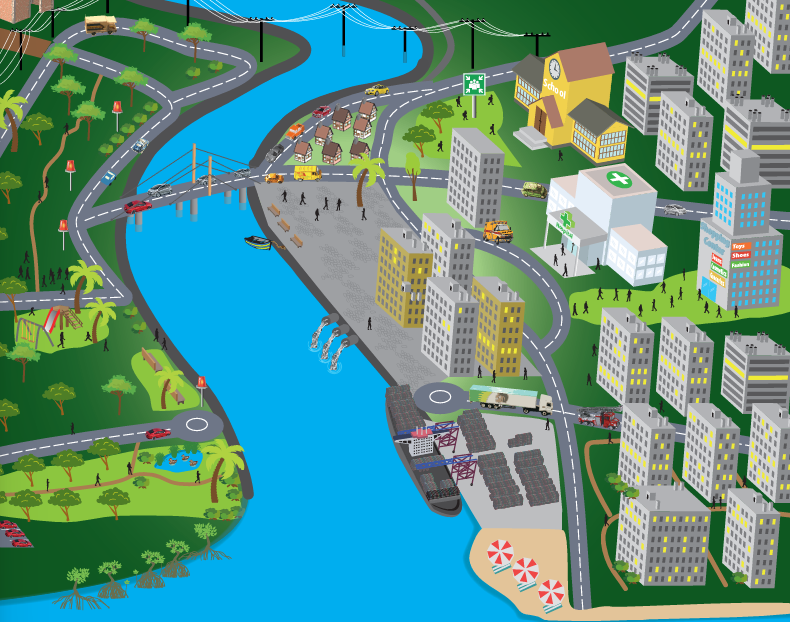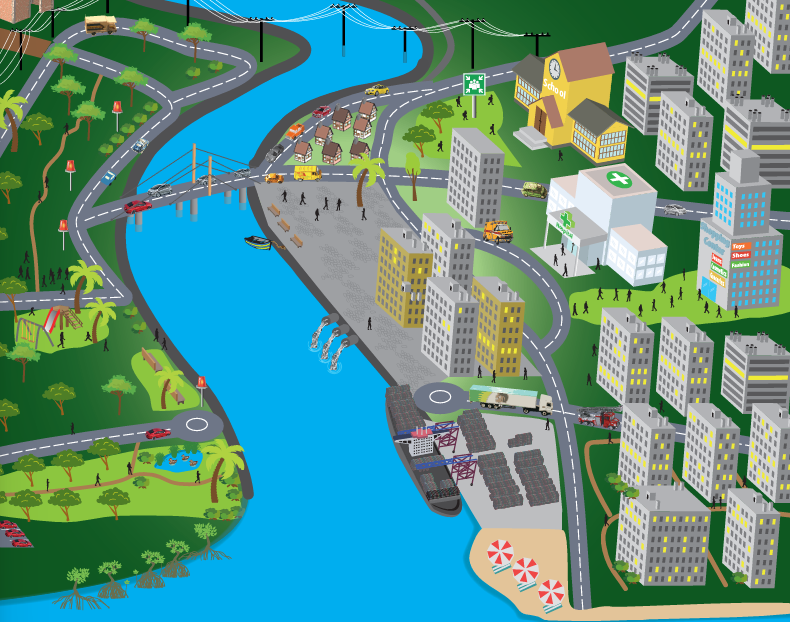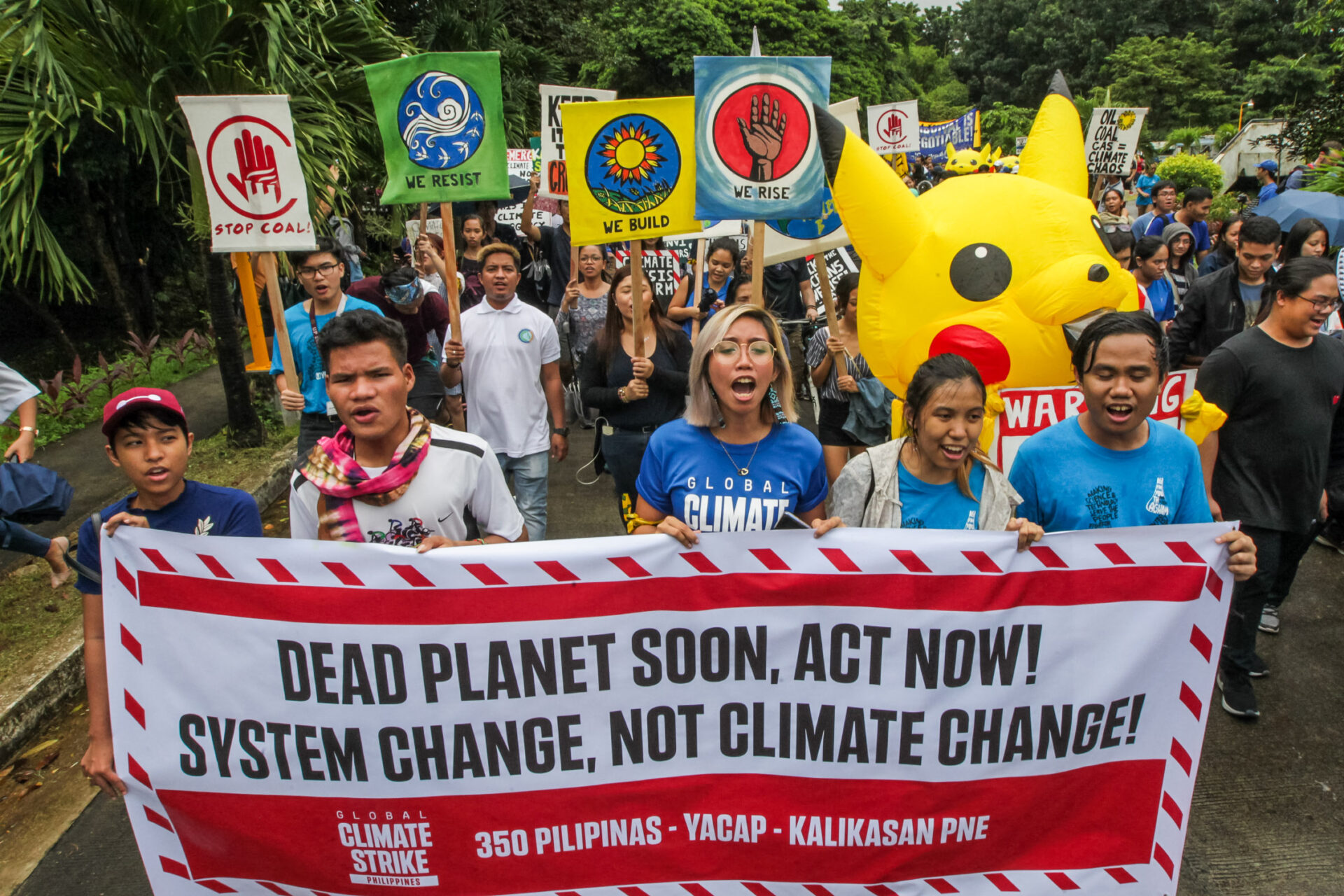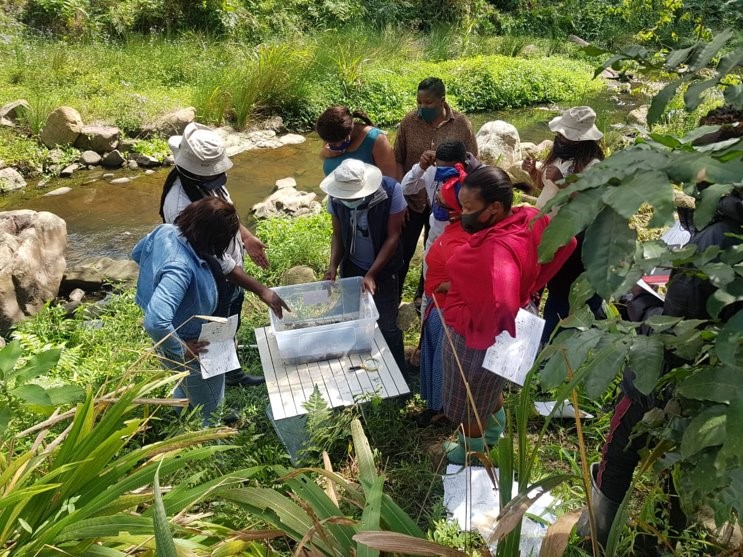vietnam
Nationally Determined Contributions in Asia: Are governments recognizing the rights, roles and contributions of Indigenous Peoples?
This report synthesises the findings from 10 country-level reports which examine how the rights, roles and knowledge of indigenous men, women, youth, and persons with disabilities are addressed in national-level climate policies and plans.
Climate Risk Assessment for Infrastructure: An application for Cai Lon – Cai Be Sluice Gates in the Mekong Delta
In this study, a step-by-step methodology of climate risk assessment for infrastructure, namely the PIEVC Engineering Protocol (the “Protocol”), was used to assess the climate risk of the Cai Lon - Cai Be sluice gates.
The Mekong Delta an Emerging Investment Destination in Viet Nam: Sustainable Growth, Improving Infrastructure and an Excellent Investment Climate
This publication highlights the opportunities for investors in the Mekong Delta and presents the challenges that international businesses may still face in the region.
Climate Services for the Coastal Protection Infrastructure Sector in Vietnam: Baseline Assessment Report
The assessment report provides an overview of the Climate Service inventory which encompasses currently available Climate Service capacities and specific products. It furthermore reflects the current use and demands of Climate Services from the coastal protection sector.
A Recipe for the Service of Climate Risk Assessment for Infrastructures in Vietnam based on PIEVC Protocol
The recipe was developed based on the successful case of climate risk assessment (CRA) for the Cai Lon – Cai Be sluice gate project. The recipe consists of three main components, including procedure, quantity, and price.
A Guidance on How to Interpret Climate Information for the Assessment of Climate Risks: Example of the Cai Lon – Cai Be Climate Risk Assessment (Vietnam)
The main challenge of integrating climate information into risk assessments are opposing approaches for assessing climate risks and adaptation options and its implications for the design of climate information products. This guide breaks down the process using Cai Lon – Cai Be climate risk assessment as an example.
Final Report: Climate Risk Analysis and Assessment Report for Cai Lon – Cai Be Sluice Gate Project Based on the PIEVC Protocol
T his report presents the results of the climate risk assessment conducted for the Cai Lon – Cai Be Sluice Gate project in the Mekong Delta, Vietnam, between August 2018 and May 2019. The assessment was conducted using the Public Infrastructure Engineering Vulnerability Committee (PIEVC) engineering protocol for infrastructure vulnerability assessments (the “Protocol”).
ArcGIS StoryMap: Young people are shaping climate change and health action
This ArcGIS StoryMap shares the stories of youth leaders and the challenges they face in climate change and health action across Ethiopia, Kenya, Senegal, Vietnam, Indonesia and Bangladesh.
Young people’s engagement in climate change and health in Africa and Asia
This report explores how young people are engaged in climate and health action in six countries – Ethiopia, Kenya, Senegal, Bangladesh, Indonesia and Vietnam.
Climate justice for people and nature through urban Ecosystem-based Adaptation (EbA): a focus on the Global South
Examples of urban EbA interventions, predominantly in the Global South, are explored in this paper and linked with seven proposed EbA social principles related to climate justice.
